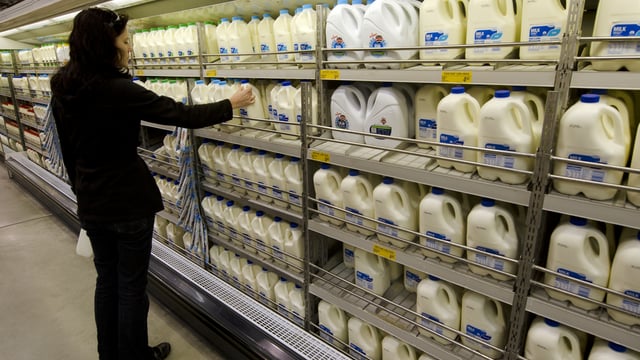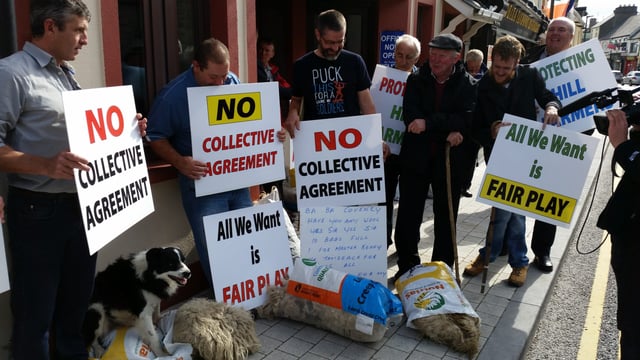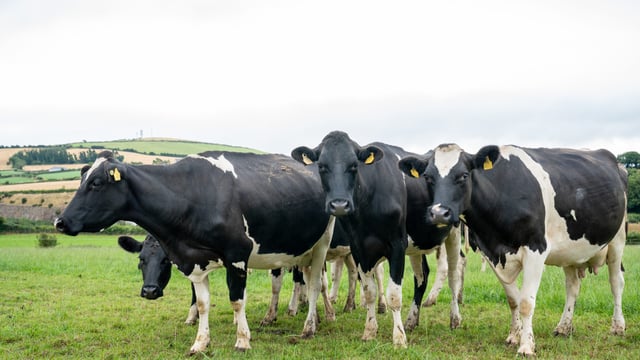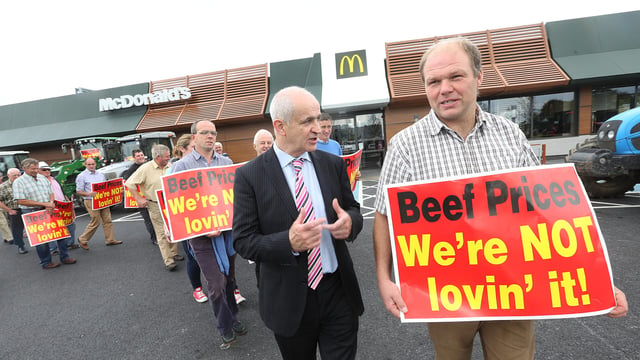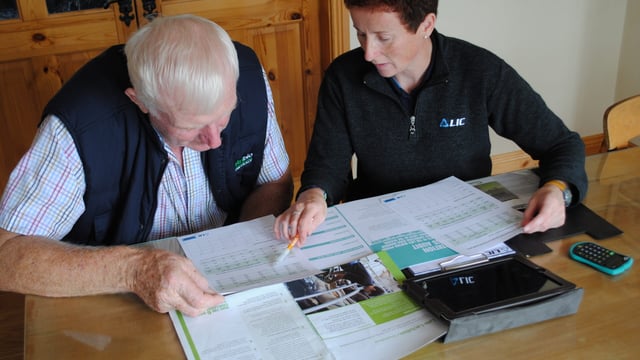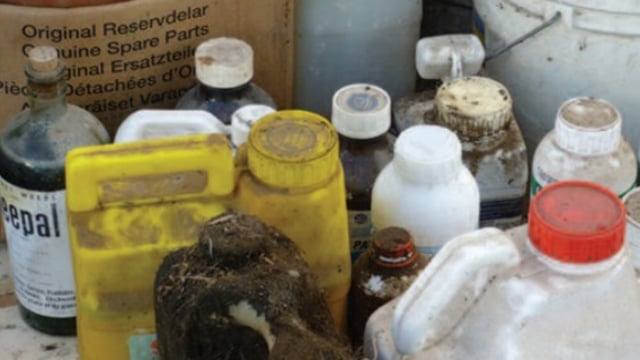Climate deal gives Ireland's agriculture a green light
The Taoiseach, Enda Kenny, has secured a climate deal for Ireland that recognises the importance of agriculture to the economy, as the latest climate change negotiations in the EU don’t put specific demands on individual countries.
Last night, an agreement was reached by European leaders to reduce greenhouse gas (GHG) emissions over the next 15 years. At the EU Summit, Irish Taoiseach had looked for Ireland to receive special treatment due to its reliance on agriculture.
The agreement that individual countries would not have individual targets ensures this. While individual country targets were not set, an overall target was – to reduce emissions by 40% of the EU’s 1990 levels. According to reports from the meeting, the multiple objectives of the agriculture and land use sector, with their lower mitigation potential, should be acknowledged, as well as the need to ensure coherence between the EU’s food safety and climate change objectives.
This, in effect, gives Ireland a green light to continue plans for increased cattle numbers in light of the abolition of milk quotas next year.
The agreement said the European Commission must examine the best means of encouraging the sustainable intensification of food production, while optimising the sector’s contribution to greenhouse gas mitigation and sequestration, including through afforestation to help the environment.
This means that Ireland will be permitted to offset high levels of methane emissions from agriculture against other ‘green’ measures including forestry, grasslands and bogs, which absorb carbon.
European Council President Herman Van Rompuy said the deal sets Europe on an ambitious yet cost-effective climate and energy path. “Climate change is one of the biggest challenges of mankind. Ultimately, this is about survival. It is the example of a long-term policy.”
The Minister for Agriculture, Food and the Marine Simon Coveney welcomed the deal. “I regard this as a vital recognition that we must not seek to reduce greenhouse gas (GHG) emissions by reducing sustainable food production. Rather we should encourage increased food production, to meet rising global demand, but we must do so in a way that is genuinely sustainable”.
According to Van Rompuy, the main points of the deal are:
- The climate target: a reduction of at least 40% of greenhouse gas emissions by 2030. This figure, which refers to the classic 1990 baseline, is binding. About half of the effort takes place within the EU-wide ETS; the other half takes place in the non-ETS sectors, with national, yet tradable targets, as I just explained. On greenhouse gas emissions, Europe is on track to deliver its 2020 targets, but we must keep the pace and this is a collective effort.
- Clean energy. We commit to at least 27% of renewables in 2030. Here we are talking about a share of total energy consumed and the target is binding at EU-level. This is an area where technology is changing fast, and where it is still early to project how behaviours will change, so some of the details will be fleshed out at a later stage…27% by 2030 means that by then Europe will double the share of clean energy.
- Energy savings. We commit to an increase of at least 27% in energy efficiency. This figure is indicative and compares to 2030 projections based on current consumption and technology. It will be reviewed by 2020, having in mind an EU level of 30%.

